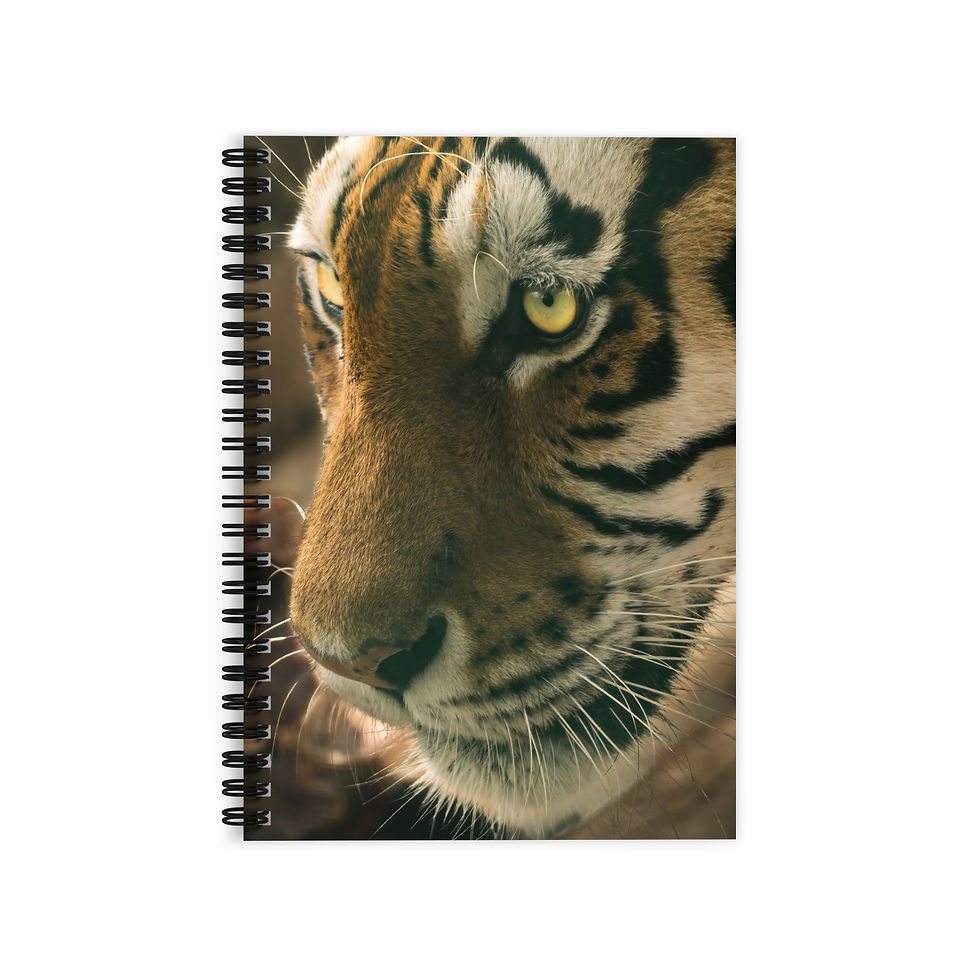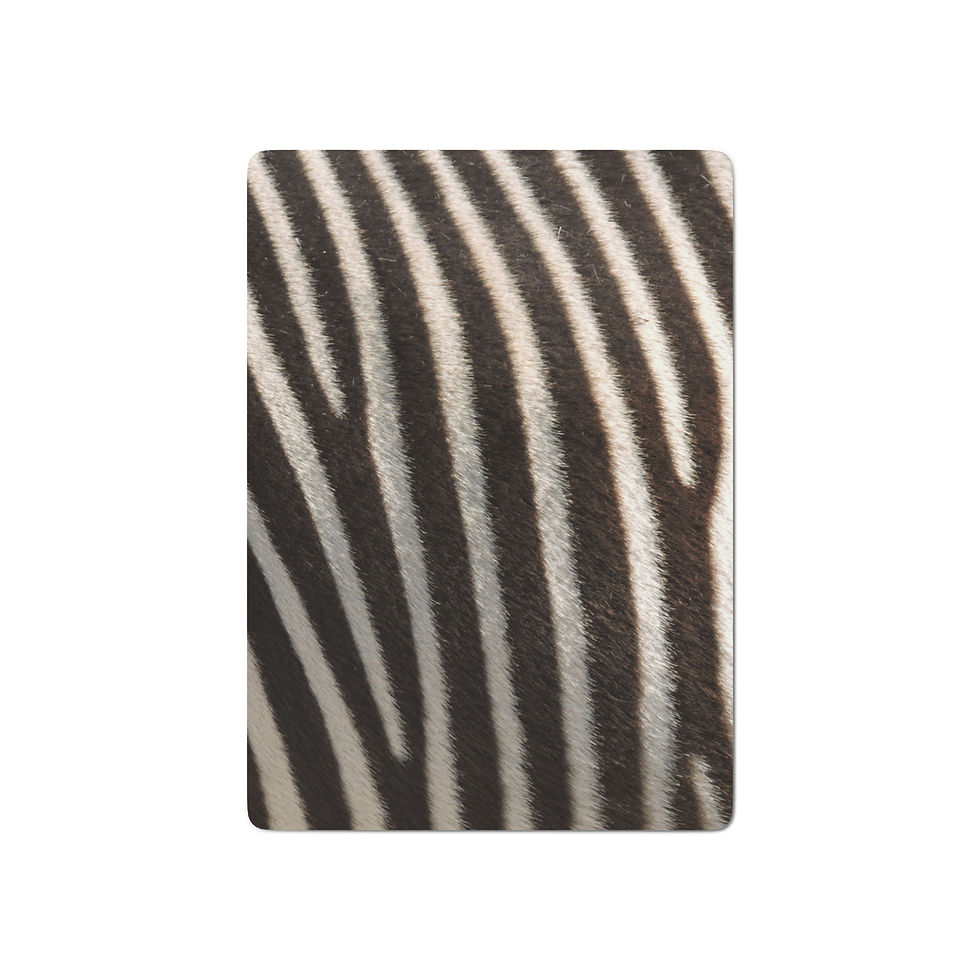The History of Numerology: From Ancient Times to Modern Mysticism
- Adaliya Oshun

- Jul 6, 2025
- 3 min read
Numerology, the study of numbers and their mystical significance has been practiced for thousands of years across various cultures and civilizations. From ancient mathematical systems to modern-day spiritual applications, numerology has continued to captivate those seeking deeper meaning in numbers.

This article explores the rich history of numerology, tracing its evolution from ancient times to contemporary mysticism.
Ancient Origins of Numerology
Numerology has its roots in some of the oldest civilizations, where numbers were considered sacred and powerful.
Egypt and Babylon: The Birthplace of Numerology
The earliest known references to numerology date back to ancient Babylon (c. 2000 BCE), where scholars and mystics used numerical calculations for divination and astrology.
In ancient Egypt, numbers were closely linked to cosmic forces, and priests used numerical systems to interpret the spiritual significance of names, dates, and symbols.
China and the I Ching
The I Ching (Book of Changes), written around 1000 BCE in China, is one of the earliest known texts connecting numbers to mystical meanings.
The hexagrams of the I Ching are based on a system of numbers that represent different cosmic energies and life paths.
Greek Influence and Pythagorean Numerology
One of the most influential figures in numerology’s history was the Greek philosopher and mathematician Pythagoras(c. 570–495 BCE).
Pythagoras and his followers believed that numbers were the building blocks of the universe, shaping everything from music to planetary movements.
The Pythagorean numerology system, still widely used today, assigns numerical values to letters in a person’s name and birthdate to uncover hidden meanings and life paths.
Pythagoras taught that numbers held vibrational frequencies and could be used to gain insight into human destiny and the nature of reality.
Numerology in Religious and Mystical Traditions
Kabbalah and Hebrew Numerology (Gematria)
In Jewish mysticism, particularly the Kabbalah, numerology plays a significant role through a system called Gematria.
Gematria assigns numerical values to Hebrew letters, allowing scholars to find hidden meanings in religious texts, particularly the Torah.

Christian Numerology
In Christianity, numbers have held symbolic importance in biblical texts. For example, the number 7 is associated with divine perfection, while 666 is famously linked to the “number of the beast” in the Book of Revelation.
Early Christian scholars, including Saint Augustine, explored the mystical significance of numbers in theological teachings.
The Renaissance and the Revival of Numerology
During the Renaissance (14th–17th centuries), interest in numerology was revived alongside a renewed fascination with ancient sciences and mystical studies.
Scholars such as Johannes Kepler and Giordano Bruno explored numerology in relation to astronomy and philosophy.
The invention of the printing press allowed esoteric knowledge, including numerology, to spread more widely.
Modern Numerology and New Age Mysticism
In the 19th and 20th centuries, numerology gained popularity within spiritual and metaphysical movements.
L. Dow Balliett and the Birth of Contemporary Numerology
L. Dow Balliett, an American metaphysical writer, was one of the first to popularize numerology in the early 20th century.
Her works combined Pythagorean numerology with mystical teachings, setting the foundation for modern numerological practices.
Dr. Juno Jordan and the Numerology We Use Today
In the 1960s, Dr. Juno Jordan expanded upon Balliett’s work and developed the modern Pythagorean numerology system, which is widely used for personal and spiritual insights today.
Numerology in the Digital Age
With the rise of the internet and digital tools, numerology has become more accessible than ever.
Online calculators, apps, and social media have introduced numerology to new audiences seeking guidance on life purpose, relationships, and career paths.
Angel numbers, repeating sequences such as 111, 222, and 333, have gained popularity in New Age spirituality, believed to be messages from the universe or guardian angels.
From ancient civilizations to modern mysticism, numerology has remained a fascinating tool for understanding the universe and human existence. Whether used for self-discovery, spiritual insight, or personal growth, the study of numbers continues to intrigue and inspire people worldwide.
Are you interested in numerology? Share your thoughts and experiences in the comments below!

$50
Product Title
Product Details goes here with the simple product description and more information can be seen by clicking the see more button. Product Details goes here with the simple product description and more information can be seen by clicking the see more button

$50
Product Title
Product Details goes here with the simple product description and more information can be seen by clicking the see more button. Product Details goes here with the simple product description and more information can be seen by clicking the see more button.

$50
Product Title
Product Details goes here with the simple product description and more information can be seen by clicking the see more button. Product Details goes here with the simple product description and more information can be seen by clicking the see more button.































Comments